Therapy for Trauma & PTSD
Healing in a Safe, Supportive Space
When you’ve experienced something painful or overwhelming, it doesn’t just fade with time. Trauma lives in the body and mind, shaping how you see the world, relationships, and even yourself. It can show up as flashbacks, nightmares, emotional numbness, or a constant feeling of being on edge. Sometimes, it feels like the past refuses to stay in the past.
But here’s the truth: healing is possible. With the right support, you can begin to release the weight of what happened, reconnect with yourself, and regain a sense of safety in your own life.
When Is It Time to Get Therapy for Trauma or PTSD?
Trauma doesn’t always look like what we expect. It’s not just about surviving a major event—it can come from chronic stress, neglect, betrayal, or painful experiences that left lasting wounds. If any of these feel familiar, therapy may be the next step:
✔ You feel emotionally numb, disconnected, or “not yourself.”
✔ Memories of past events intrude on daily life, whether through flashbacks, nightmares, or overwhelming emotions.
✔ Your body reacts before your mind can process—startling easily, feeling tense, or always being on high alert.
✔ You avoid people, places, or situations that remind you of the past.
✔ You struggle with trust, self-worth, or feeling safe in relationships.
✔Guilt, shame, or self-blame keep you stuck in the past.
If trauma is still shaping your life, therapy can help you reclaim your story—without it defining you.
What Does Therapy for Trauma & PTSD Look Like?
Trauma isn’t something you can “just get over.” Healing requires safety, patience, and the right therapeutic approach.
At Time for Therapy, we don’t believe in quick fixes or surface-level solutions. Instead, we create a deeply supportive space where you can safely process what you’ve been through—at your own pace.
We use evidence-based, trauma-informed approaches that focus on emotions, the body, and the deeper layers of healing:
💙 Internal Family Systems (IFS) – Helps you explore and heal the different “parts” of yourself that carry pain, fear, or shame.
🌿 Emotion-Focused Therapy (EFT) – Guides you through fully feeling and processing emotions that have been buried or blocked.
🔍 Psychodynamic Therapy – Helps you uncover how past experiences shape present struggles, allowing for deeper self-understanding and change.
🔄 Somatic & Body-Based Techniques – Recognizes that trauma is stored in the body and uses gentle practices to release tension and restore a sense of safety.
You don’t have to relive your trauma to heal from it—our therapists use gentle, research-backed methods to help you process your experiences in a way that feels safe, empowering, and transformative.
Self-Help Strategies for Coping with Trauma
Healing from trauma takes time, but there are small steps you can take on your own to support your well-being:
✔ Grounding Exercises – Simple techniques like deep breathing, touching a textured object, or noticing things around you can help you stay present.
✔ Engage Your Senses – Soothing smells, soft fabrics, or calming music can help your nervous system feel safe.
✔ Move Gently – Trauma lives in the body, and gentle movement like stretching, walking, or yoga can support release.
✔ Set Boundaries – Give yourself permission to step away from situations or conversations that feel unsafe or triggering.
✔ Self-Compassion – Remind yourself: Healing isn’t linear. You are allowed to take your time.
Self-help strategies can provide comfort, but true healing happens in connection. Therapy gives you the safe, structured support to work through trauma in a way that lasts.
The Best First Step? Sign Up for Therapy.
You don’t have to carry this alone. No matter what you’ve been through, you deserve healing, safety, and support. Therapy can help you make sense of your past without letting it control your future.
When you’re ready, we’re here. Reach out today to start your journey toward healing.
